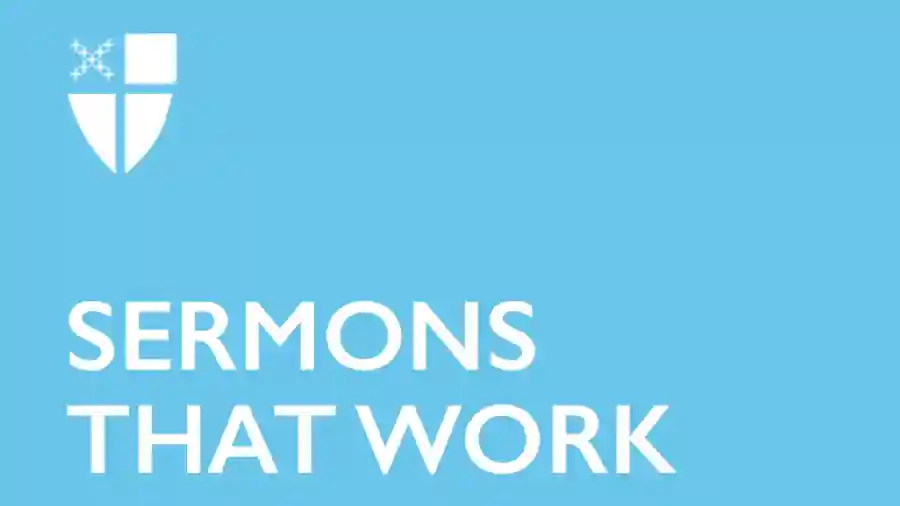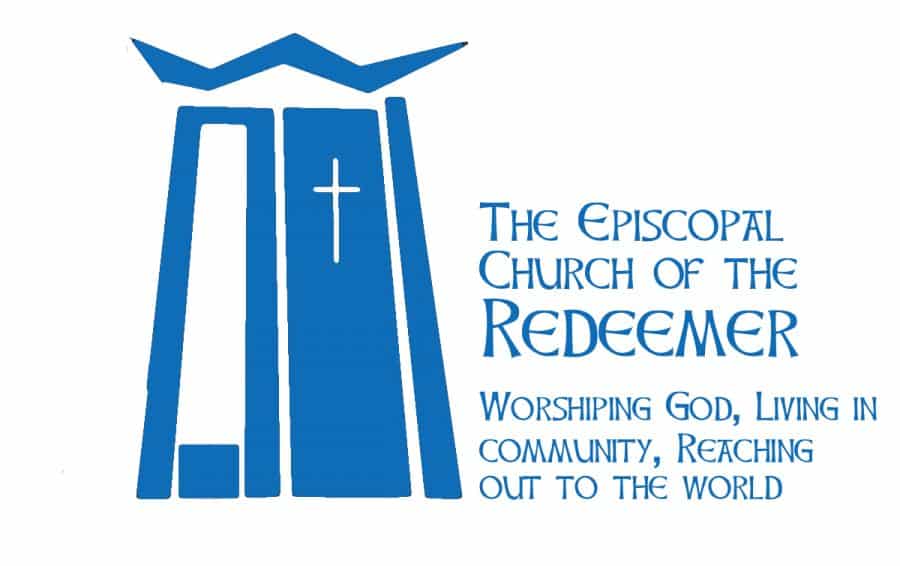This is the weekly bulletin insert from Sermons That Work.
Gifts to the Church by Episcopal Convents and Monasteries—The Order of Saint Helena
The Order of Saint Helena describes their commitment to inclusive and expansive language for worship.
What is inclusive/expansive language?
Inclusive language attempts to represent all and to respect the dignity of all human beings created in the image of God. For example:
- Book of Common Prayer: “He who dwells in the shelter of the Most High….”
Saint Helena Psalter: “They who dwell in the shelter of the Most High….” (Psa. 91:1)
- Book of Common Prayer: “Oh, how good and pleasant it is, when brethren live together in unity!”
Saint Helena Psalter: “Oh, how good and pleasant it is, when kindred live together in unity!” (Psa. 133:1)
Expansive language utilizes the fullest possible expression of human language to represent the infinite being of the Divine. For example:
- Book of Common Prayer: “He that planted the ear, does he not hear? He that formed the eye, does he not see?”
Saint Helena Psalter: “Does the one who planted the ear not hear; does the one who formed the eye not see?” (Psa. 94:9)
- Book of Common Prayer: “The LORD is King; he has put on splendid apparel….”
Saint Helena Psalter: “God is sovereign, clothed in splendid apparel….” (Psa. 93:1a)

Why use inclusive/expansive language in worship?
Worship is a highly personal space in which we connect with God and learn of God’s all-encompassing love. Inclusive/expansive language attempts to bring human language as close as possible to describing the comprehensive presence of God and welcomes all into the community of faith.
How is the Order of Saint Helena involved in inclusive/expansive liturgy?
Since our founding in 1945, we have looked to empower women in our community and in the church. We were the first order to promote the ordination of sisters and have provided ongoing support and encouragement for women clergy in the church. Our Sr. Mary Michael was the first religious sister to be ordained.
In the 1990s, we began editing the psalter to replace male designations for God with neutral language. We attempt to stay as close as possible to the Book of Common Prayer translation and the Hebrew original, as well as to retain the beautiful cadence of the language. After editing the text, we prayed with the revised psalter for many months, and then adjusted the text over and over again. We continue to revise the Daily Office and Eucharistic prayers that we use in our chapel. We offer this work to the church in support of inclusive/expansive language for worship. For more information about The Saint Helena Psalter and The Saint Helena Breviary, see www.osh.org/breviary.

Bulletin Inserts
This weekly bulletin insert provides information about the history, music, liturgy, mission, and ministry of The Episcopal Church. For more information, please contact us at stw@episcopalchurch.org.

Sermons That Work
For more than 20 years, Sermons That Work, a ministry of The Episcopal Church’s Office of Communication, has provided free sermons, Bible studies, bulletin inserts, and other resources that speak to congregations across the Church. Our writers and readers come from numerous and varied backgrounds, and the resources we provide are used in small house churches, sprawling cathedrals, and everything between.

Church of the Redeemer
Church of the Redeemer: Worshiping God, living in community, and reaching out to the world around us. We are an Episcopal Church serving north King County and south Snohomish County, Washington. As you travel your road, go with friends walking the way of Jesus at Redeemer.
Church of the Redeemer is at 6210 Northeast 181st Street in Kenmore, Washington. The campus is a short distance north of Bothell Way, near the Burke-Gilman Trail. The entrance looks like a gravel driveway. The campus is larger on the inside than it is on the outside. And we managed to hide a large building on the side of a hill that is not easily seen from the street.
The Episcopal Church welcomes you.





